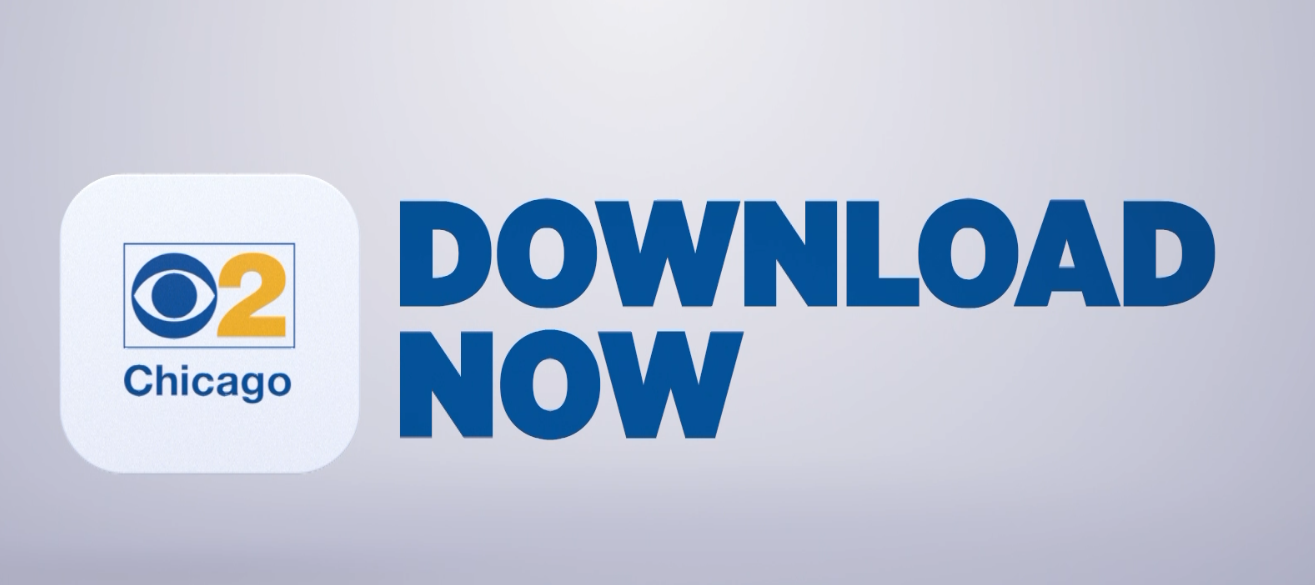Will, Kankakee Counties See Drop In COVID Infections, Could Have Tighter Restrictions Lifted Soon
CHICAGO (CBS) -- Bars and restaurants in Will and Kankakee counties might be able to serve customers indoors again in the next few days, and other added restrictions the state imposed last month could be lifted, if that region continues its recent downward trend in new virus cases.
Late last month, the state ordered extra virus mitigation efforts in Region 7 (Will and Kankakee counties) after its seven-day average positivity rate had surpassed 8% for three days in a row. On Wednesday, Gov. JB Pritzker said that rate is now at 6.4%, below the 6.5% threshold needed for the state to lift the added restrictions.
"If that trend holds for three days, we will remove the resurgence mitigations, and return the entire region to Phase 4 of the Restore Illinois plan," Pritzker said.
Since Aug. 26, bars and restaurants in Will and Kankakee have been ordered not to serve customers indoors. Outdoor service at bars and restaurants must close at 11 p.m., and reservations will be required. In addition, public gatherings are limited to the lesser of 25 people or 25% of normal room capacity. Party buses also will not be allowed to operate, and gaming facilities and casinos must close by 11 p.m.
The governor said, over last two weeks, nearly every region has seen stable and declining rates, including the Metro East area (Region 4), which has been above 8% since Aug. 11, and has been under the same added restrictions as Will and Kankakee counties since Sept. 2. Although Region 4 has a longer way to go to have its extra virus mitigations lifted, Pritzker said it's an encouraging sign that cases are on the decline in Metro East, as well as most of the rest of Illinois.
"Let that downward movement be a testament to the fact that these doctor-recommended mitigations can work if they are followed," Pritzker said.
Pritzker also announced Wednesday that he is extending the statewide moratorium on evictions for another 30 days. The moratorium had been scheduled to expire after Sept. 21.
The governor also said he sent a letter to the Illinois State Board of Elections, regarding the massive increase in requests for mail-in ballots this year, as well as a severe shortage of election judges, who are typically older people now at greater risk of the worst impacts of COVID-19. Pritzker said he's calling on the state board to use $4 million in funds from the Help America Vote Act to develop an emergency grant program to pay for ballot dropboxes, to support local efforts to recruit election judges, and to address other challenges local election officials might be facing ahead of the November elections.
"Never before in our lifetimes have we faced an election amidst a pandemic of this scale. The Board of Election directors should not wake up the day after Election Day and wish that they had done more to strengthen our democracy, and ensure our most fundamental right, the right to vote," Pritzker said.
Meantime, the Illinois Department of Public Health announced 1,941 new confirmed cases of COVID-19 on Wednesday, including 35 additional deaths.
Since the start of the pandemic, the IDPH has reported a total of 266,151 cases, including 8,367 deaths.
The new cases reported Wednesday came as the state reported 52,311 new virus tests, for a one-day positivity rate of 3.7%. The statewide seven-day average positivity rate for Illinois also stands at 3.7%, down from 4.5% two weeks ago.
As of Tuesday night, 1,565 virus patients were being treated in Illinois Hospitals, including 345 in intensive care, and 143 on ventilators.
The state's coronavirus hospitalization figures have been relatively flat this summer, even as overall cases were steadily rising for most of July and August.
So far, the vast majority of COVID-19 patients have recovered from the disease, with a 96% statewide recovery rate as of Tuesday. The state's recovery rate calculates the number of people who have tested positive for the virus, and have survived at least 42 days after their test.







